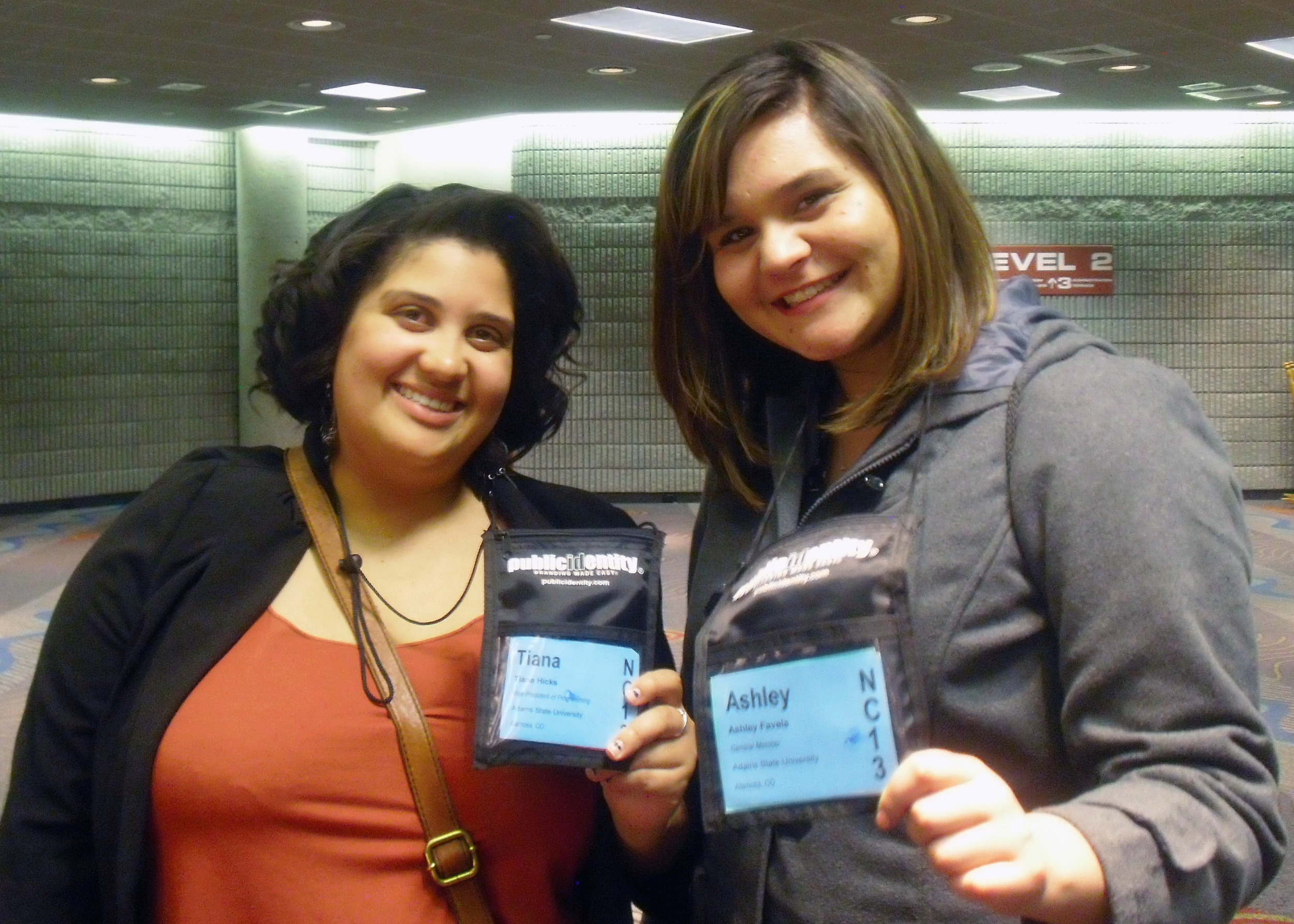Campus Involvement Leads to So Much More--Guest Post by Rebecca Rothkopf
/Note from Katie: Rebecca previously contributed "Small Town, Small School, Big Opportunities" to this blog.
Mold covers the walls of a once beautiful household. The floorboards are hidden under several feet of water, and on the kitchen table sits an apple pie infested with cockroaches. Outside, the woman who raised her family in this New Orleans home cries as she struggles to make sense of the pieces of her life that have washed up on the front lawn.
This is the scene a Colorado State University student walked into during an alternative spring break trip organized through the school, just months after Hurricane Katrina tore through the city of New Orleans. This is also a snippet from the most powerful story I wrote as an undergraduate journalism student. I think it’s because the emotions were so real and the experiences so life-changing.
Campus volunteer programs offer a break from academics, a way to expand interests, and a chance to give back to the broader community
The thought of school events and programs leading to something bigger than just passing time had never occurred to me before interviewing students who had participated in alternative spring break. This might sound a bit extreme, but I really do believe that growing occurs the most when we push ourselves out of our comfort zone.
College is all about figuring out who you are and what you want to do. That’s a big deal, and while classes are an important part of the college experience, I would argue that taking advantage of the opportunities to get involved on campus is equally important. To back up this argument, I’ve created a list to help back up why student activities and branching out of your comfort zone are both a valuable part of the college experience:
Campus programs help you identify your interests. The student I interviewed who went to New Orleans enjoyed her alternative break so much that she wound up working for the office on campus that coordinates community service trips. Taking a chance and putting herself in a new situation literally led to a career path she had never considered before. On the reverse side, trying out a club or event in something may also lead you to discover that an activity or profession isn’t exactly what you want to do, which is equally as important.
- Networking, networking, networking! I volunteered for a non-profit organization in college, and the connections I made from this ultimately led to my first job after graduation. The experiences from my first job built my resume up so I could get accepted to my second job, and the list goes on. Taking advantage of volunteer opportunities, work study jobs, or school-initiated community service trips (and programs like Campus Corps) could lead to professional connections that could come in handy in the long run.
- Finding creative outlets for stress improves your social, professional, and educational experiences. Whether it’s a night twirling away at Swing Dancing Club or a day cleaning up a community garden, taking a break from the stresses of school and everyday life can be really relieving. The statistics between college student retention and involvement in extracurricular activities help back up this point.
Before wrapping up this blog, I want to say that not all college students need to make a trip out to New Orleans to help someone cope with a tragedy. That being said, giving swing dancing a shot through a campus club may not be the most eye-opening experience either (I speak from personal experience here. Have you seen the crazy dips and flips that happen in swing dancing? I’m convinced it takes magical powers to do those gracefully.)
Regardless of what creative outlets and campus programs you choose to take on as a college student, they are all valuable experiences. Why? Because you learn from them. Because they help you filter out what you do and don’t want to do. Because they help you see what skills come naturally for you, and what areas you need to work on.
In my experiences working with students, the simple question of “why?” seems to come up a lot. I’ve probably come up with about fifty different responses to this, but I honestly think the most effective answer I’ve given is “why not?” After all, how will you know if something is worth the time and investment unless you try?
Since graduating from Colorado State University with a journalism degree in 2010, Rebecca Rothkopf has worked as a tutor and after-school programmer in Seattle, Los Angeles, and northern Colorado. She also spent a year coordinating student life and recreation programs at Adams State University. This fall, she will be starting graduate school for social work at the University of Denver. In her free time, she likes hiking, cooking, eating, taking photographs, and sharing her personal experiences in college student affairs through blogging. Check out her online portfolio here.
You might also like the post "Playing Club Sports in College" and "How On-Campus Jobs Transformed My Student Experience."






















